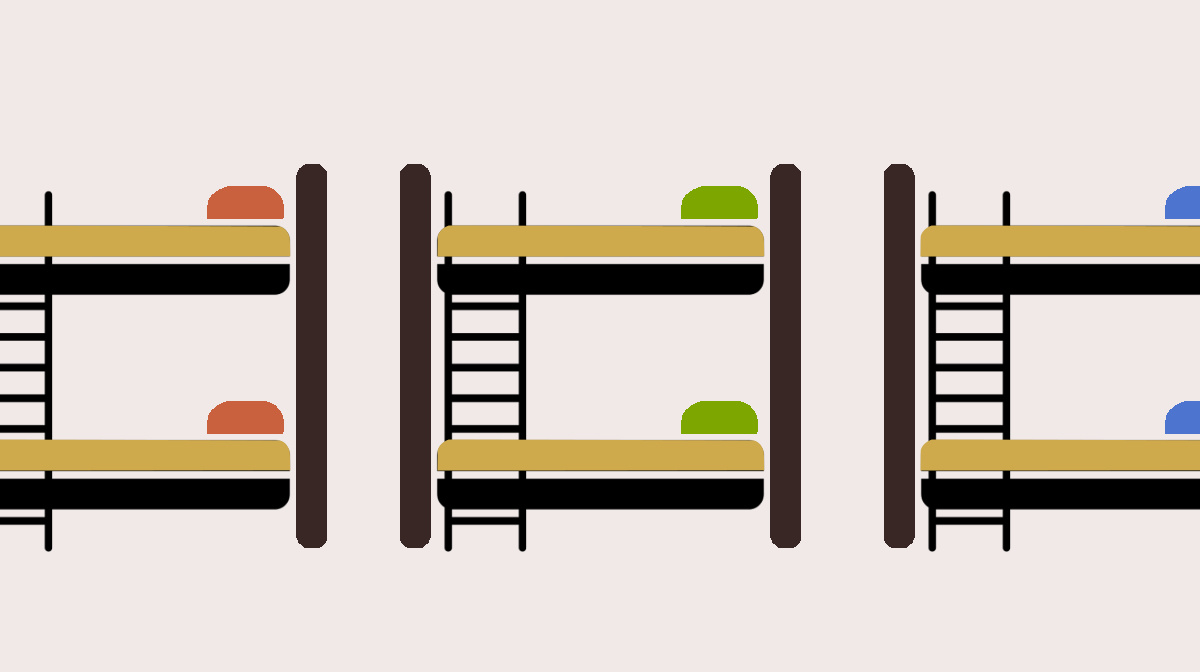If you are a renter the statistics say that you'll move once every two years. If you have a higher income or live in a studio you're likely to move more often than that. If you have a lower income or a larger apartment you'll probably stay longer. But on average with all renters figured into the situation the frequency is once every two years.
Moving is an expensive endeavor. Every time an apartment vacates there's a whole bunch of businesses who have their hands out looking for a piece of that fat cash drop. Sometimes the tenants pay them, other times the landlords do. In a few situations it's even the employers of the tenants or the government who foots the bill. Today I've got a list of the business types that come together to form the tenant-facing modern rental industry. Continue reading The Businesses That Profit From Your Move





